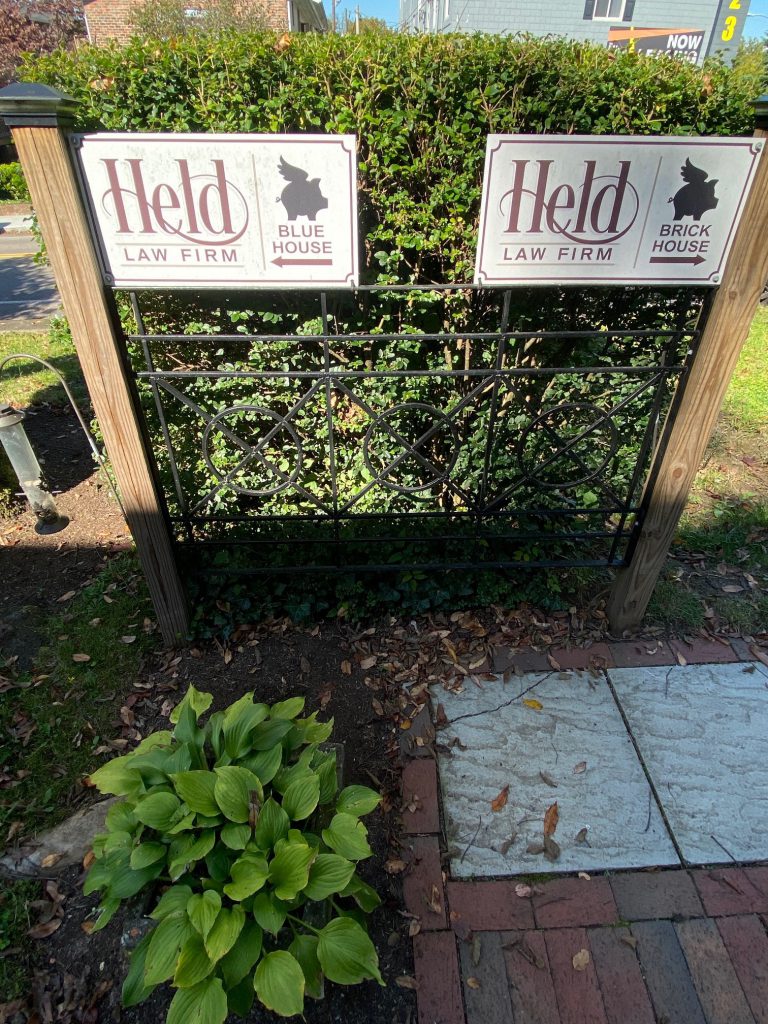MEDIATION AND ORDERS OF PROTECTION
Mediation is a process using a trained third party, usually an attorney, to facilitate the settlement of a case without having a trial. In Tennessee, mediation is required in most divorce cases; however, in domestic violence situations, mediation may be excused. If a spouse has an Order of Protection (OP) and it is in effect during the divorce then, the spouse that got the OP has the option of waiving the mediation.
TO WAIVE OR NOT TO WAIVE
However, if the spouse who obtained an OP against the other spouse agrees to participate, then the mediation may proceed. During mediation, the Order of Protection is still in effect, and the parties will be separated and have no contact with each other. The mediator will go into each room and talk with each spouse separately.
The decision to waive mediation is a strategic decision to discuss with your divorce attorney. The biggest issue to consider is the power imbalance that often occurs during the process and is a particular issue if one of the spouses is afraid of the other spouse.
MEDIATION AND DOMESTIC VIOLENCE
Mediators should require additional information if domestic violence is present and inquire about the nature, frequency, and extent of the domestic violence in determining if mediation is appropriate. Other indicators that may be evaluated are mental health issues or substance abuse and how those impact the parties and children. Mediators can indicate to the court that mediation is inappropriate.
At the Community Mediation Center in Knoxville, careful screening is applied to determine if mediation is an appropriate option when domestic violence is an issue or if a waiver should be requested. According to Jacqueline O. Kittrell, Esq., Executive Director of the CMC, whether the victim wants to mediate (sometimes with a support person) is the crux of the statutory waiver. If the victim wants to mediate, the CMC then considers a host of factors to create a safety plan: safe building, metal detector, parking, escort to parking and room set up, presence of attorneys and non-verbal cues to communicate a need for a break. The CMC may decide that circumstances exist such that it is unsafe to mediate even if the victim would prefer to do so. In that case, mediator ethics require that a mediator report goes back to the court stating that mediation would likely result in an unbalanced process.
HELD LAW FIRM

At Held Law Firm, we are especially proud of our ability to advise victims of domestic violence, and those accused of domestic violence, through the mediation process. Our offices are located in two historic houses, so the accused abuser and alleged victim do not have to be in the same building, let alone the same room. Held Law Firm’s mediator, Melanie Hogg, has a reputation for being the calm voice in the wilderness that is particularly helpful when tensions run high, which is very likely when a divorce involves allegations of domestic violence.
If domestic violence is an issue in your divorce, and you need a mediator or an advocate, just call us at 865-685-4780 to schedule an appointment.




